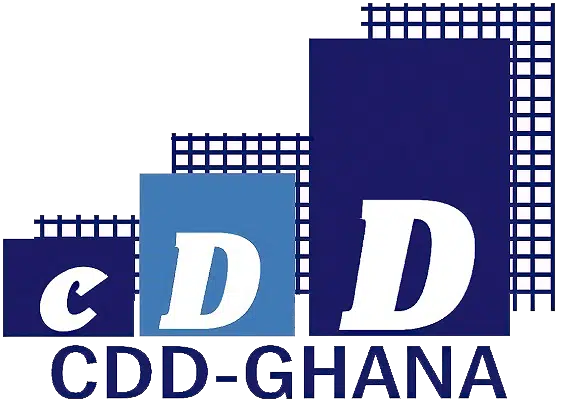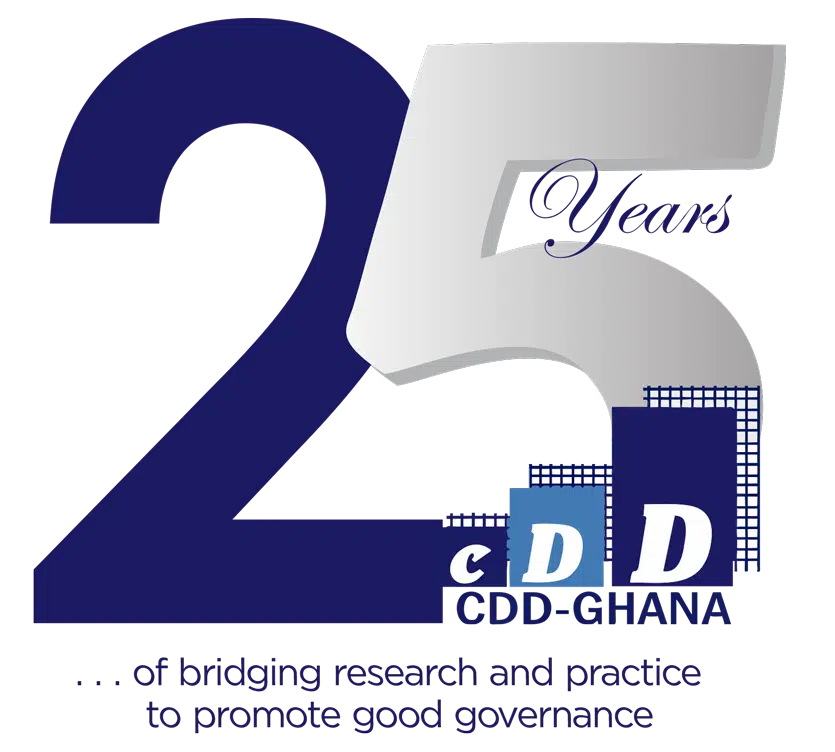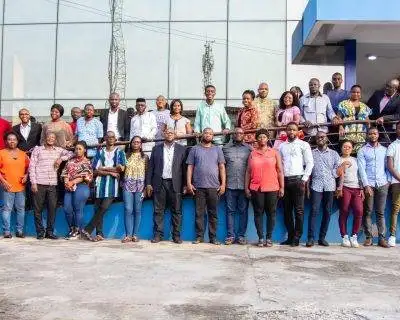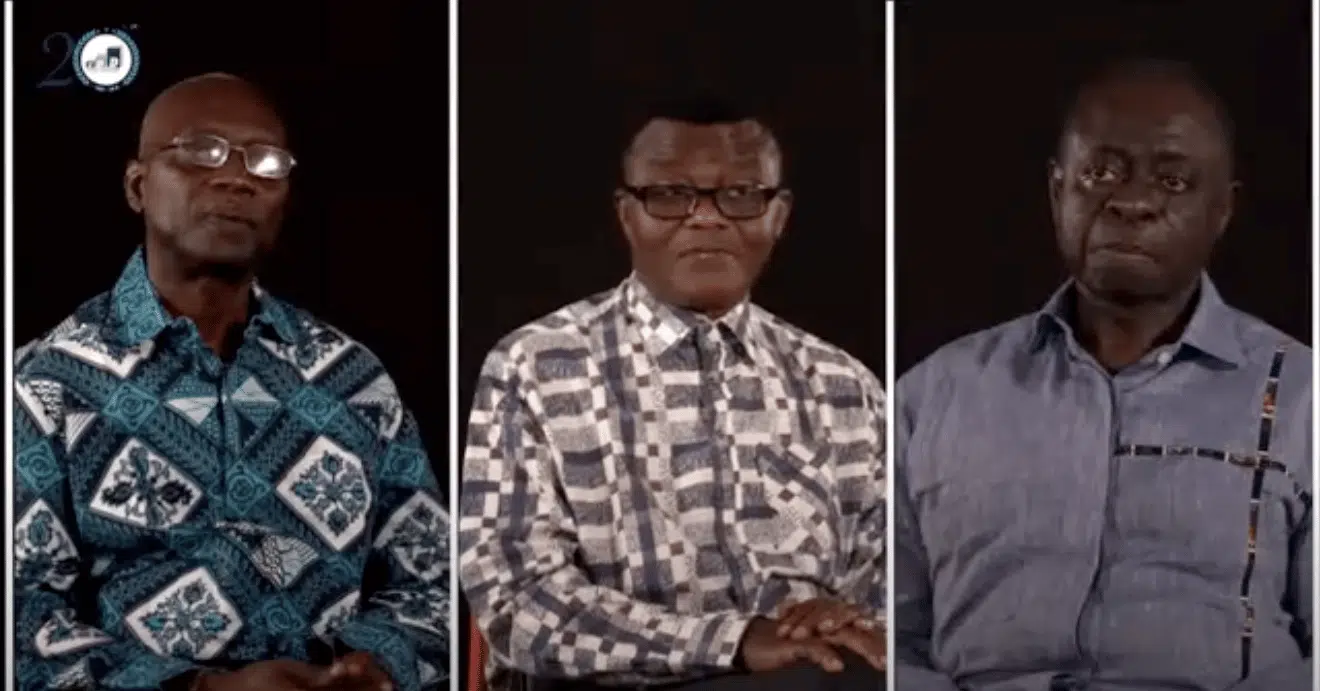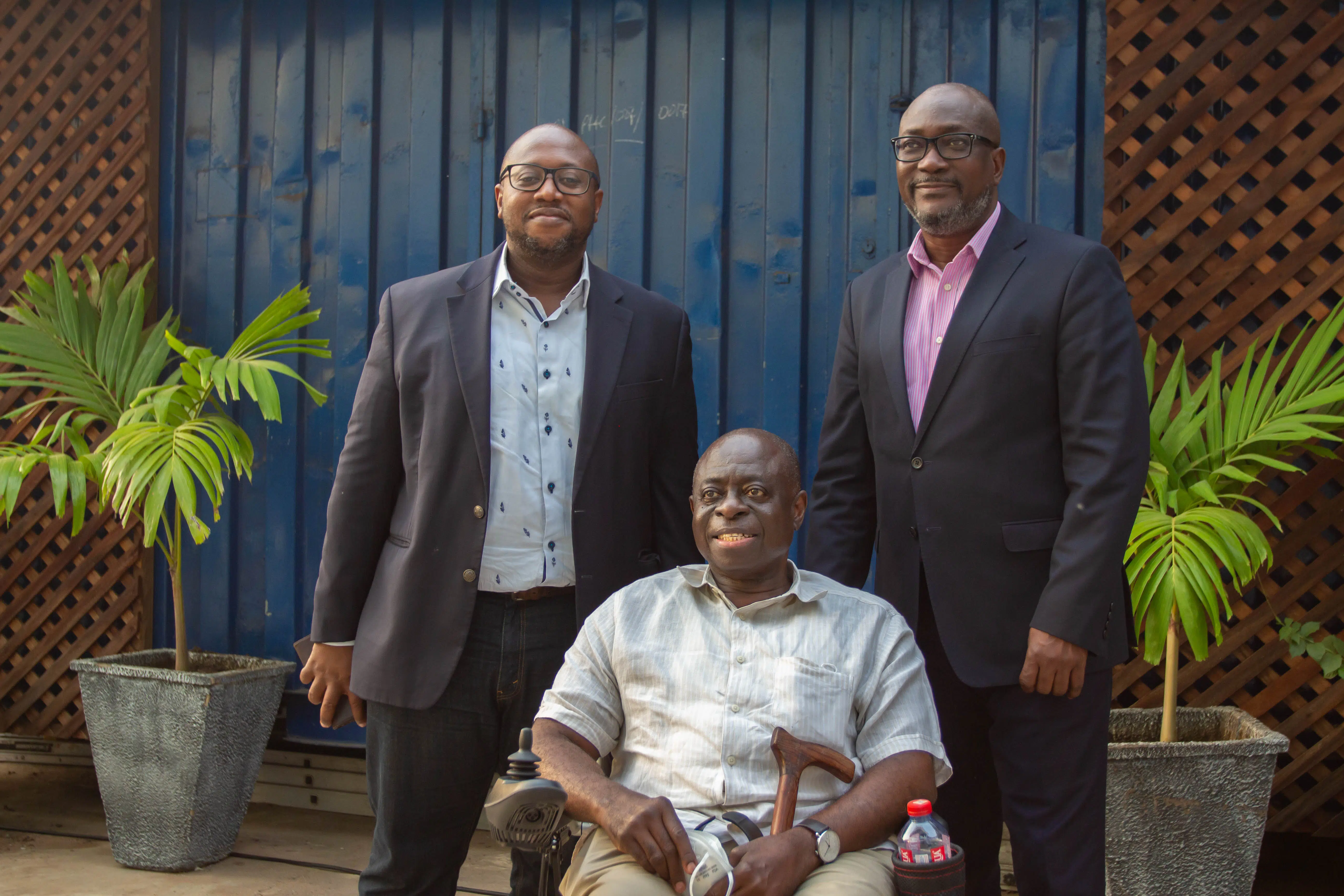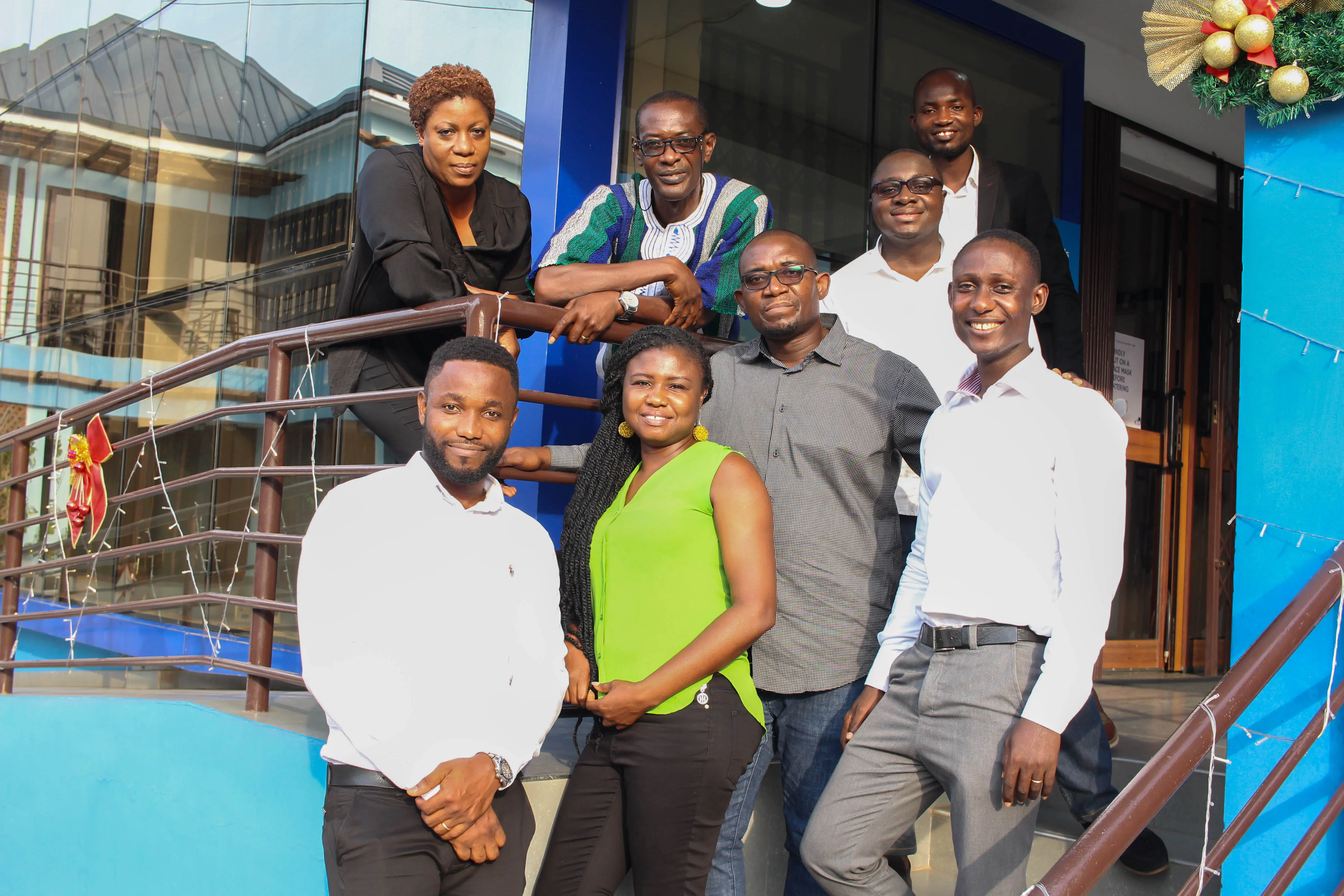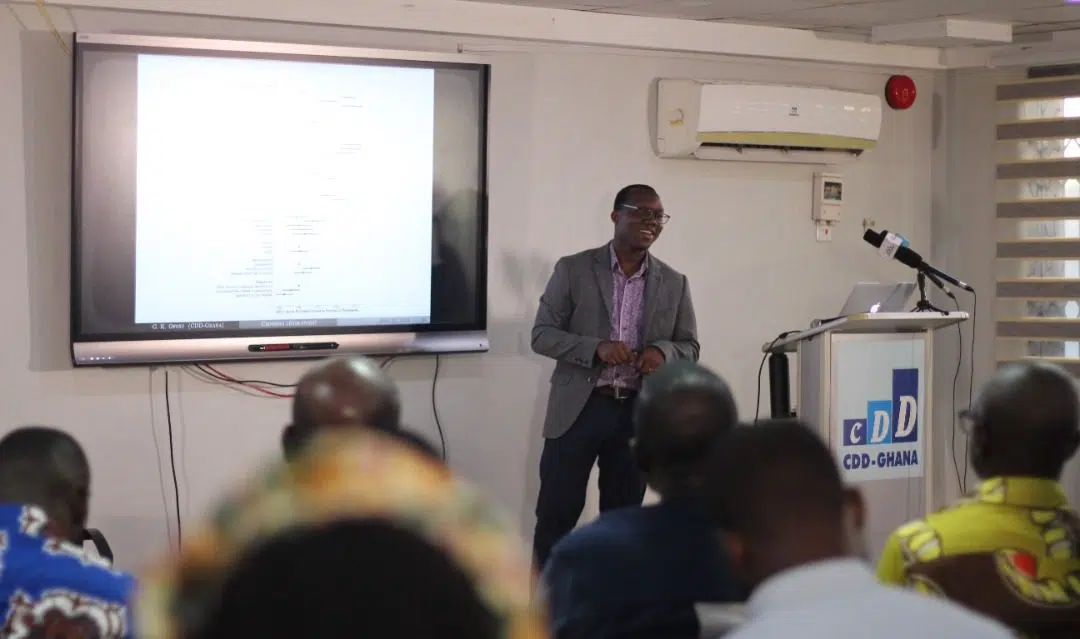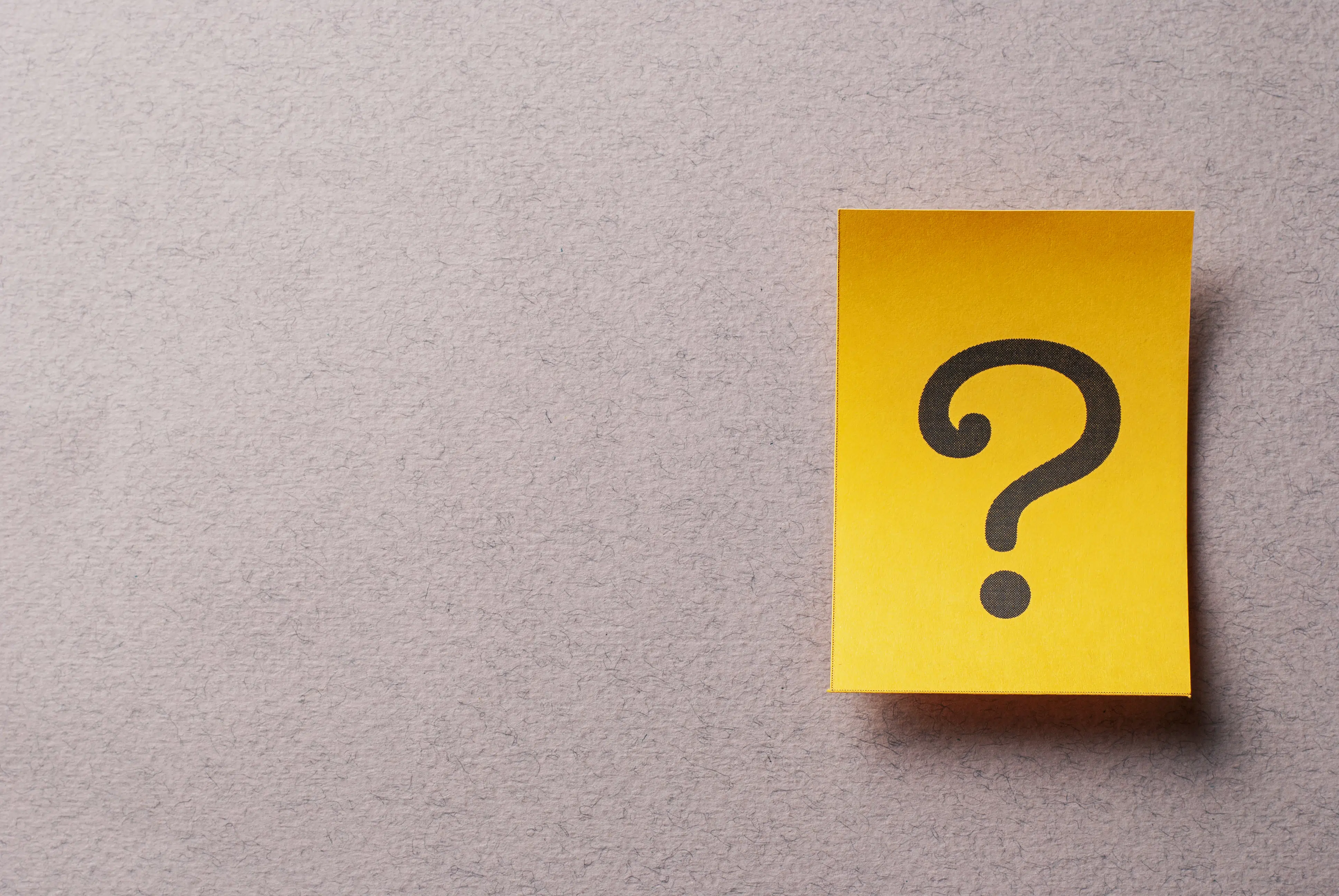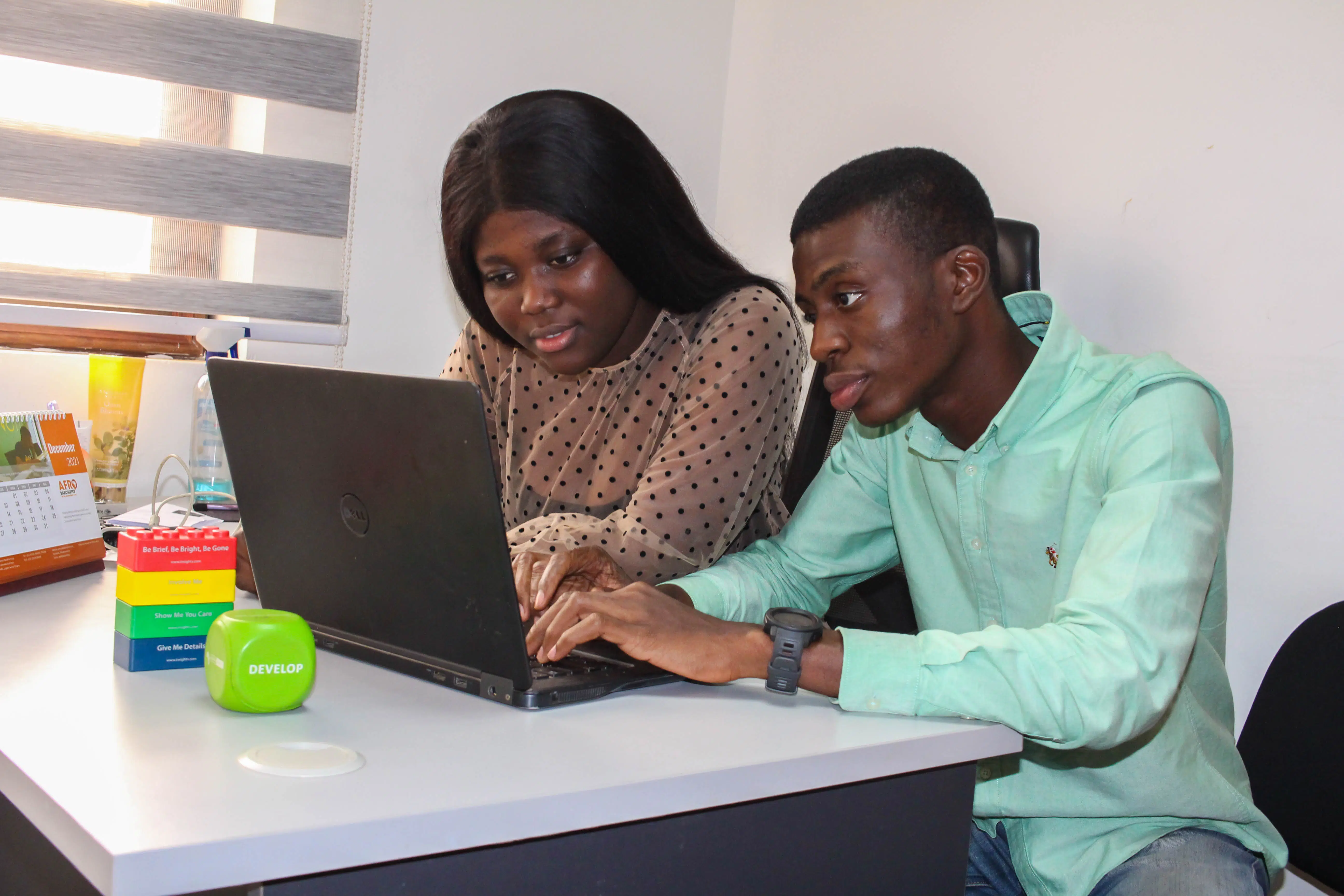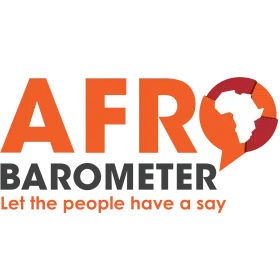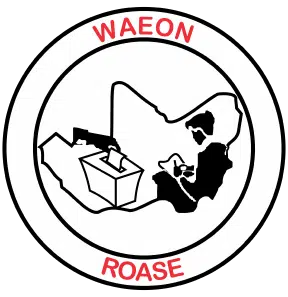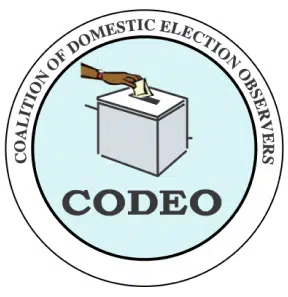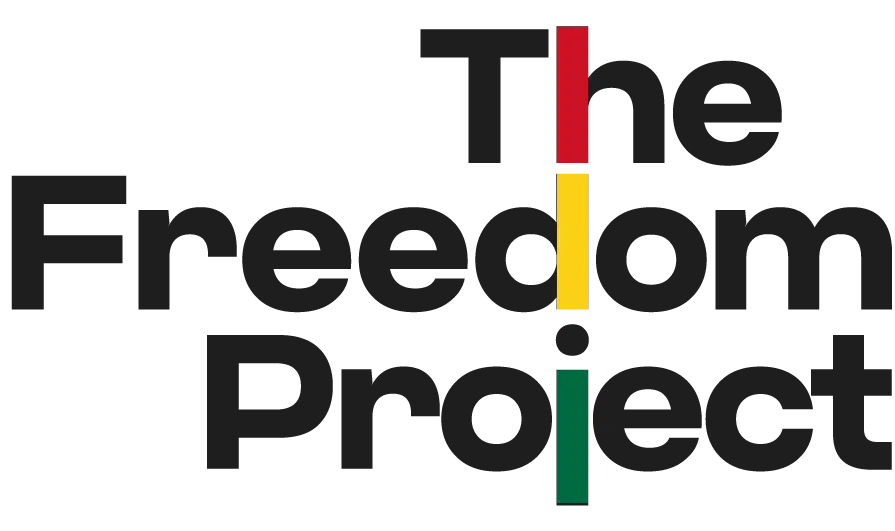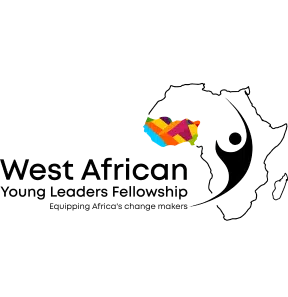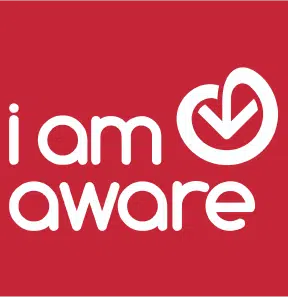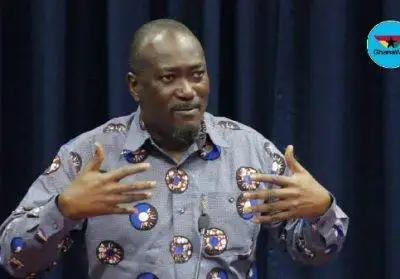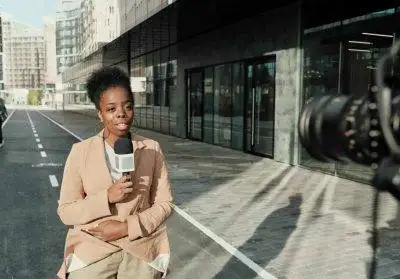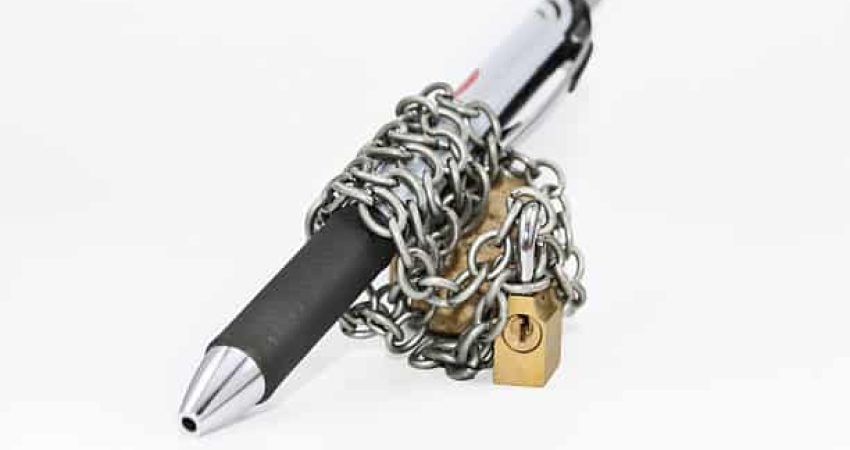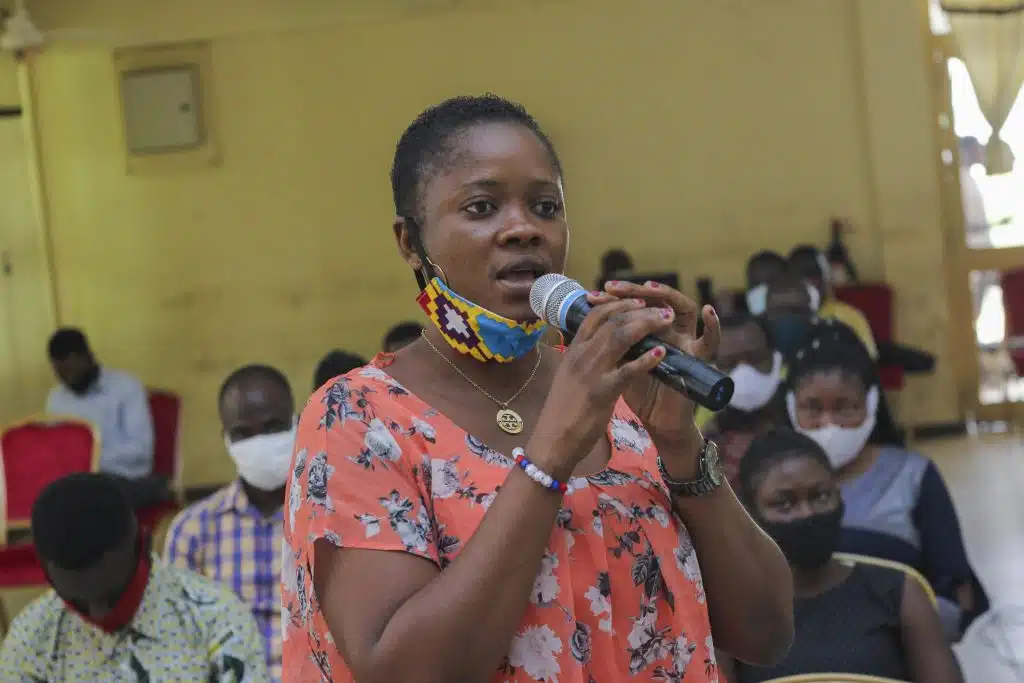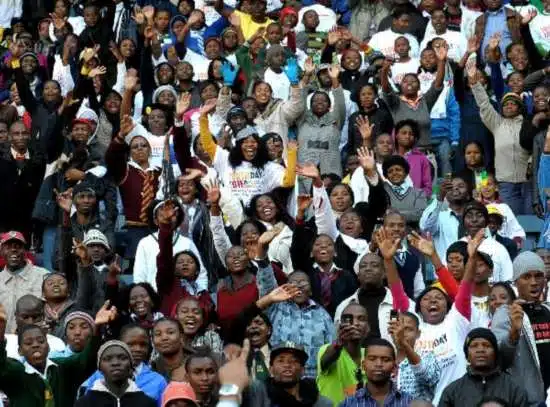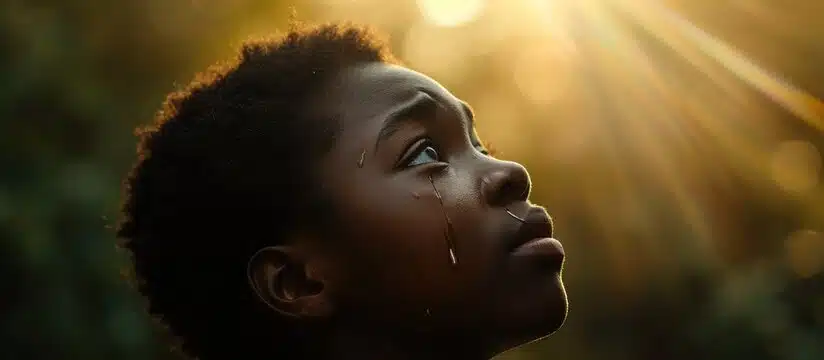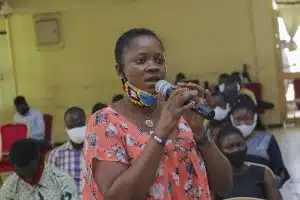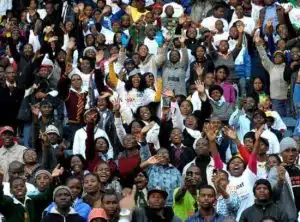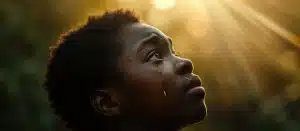May 15, 2023
Wednesday May 3, 2023 was World Press Freedom Day. This year marked thirty years of celebrating this day which highlights the critical role of press freedom as well as freedom of expression. At the same time, Reporters Without Borders released the 2023 edition of their Annual Press Freedom Index. The index, including the subcomponents, provides a good assessment of the state of press freedom.
How Did Ghana Perform On The 2023 Index?
Ghana ranked 62nd out of a total of one hundred and eighty (180) countries. The country’s overall score on the index was 65.9/100. Last year (2022), the country ranked 60th out of a total of one hundred and eighty (180) countries, while scoring 67.4/100.
The index has five subcomponents – political, legal, economic, socio-cultural, and security context.
The political context subcomponent measures:
- The degree of support and respect for media autonomy vis-à-vis political pressure from the state or from other political actors,
- The level of acceptance of a variety of journalistic approaches satisfying professional standards, including politically aligned approaches and independent approaches, and
- The degree of support for the media in their role of holding politicians and governments to account in the public interest. On this subcomponent the country’s score dropped from 66.1 to 61.8, while its rank also dropped from 54 to 63.
The legal context subcomponent measures:
- The degree to which journalists and media are free to work without censorship or judicial sanctions, or excessive restrictions on their freedom of expression,
- The ability to access information without discrimination between journalists, and the ability to protect sources, and
- The presence or absence of impunity for those responsible for acts of violence against journalists. On this subcomponent, the country’s score dropped slightly from 81.4 to 79.6, while its rank also dropped from 27 to 31
The economic context subcomponent measures constraints linked to:
- Governmental policies (including the difficulty of creating a news media outlet, favoritism in the allocation of state subsidies, and corruption),
- Non-state actors (advertisers and commercial partners), and
- Media owners seeking to promote or defend their business interests. On this subcomponent the country’s score generally remained unchanged (from 47.2 to 47.9), but its rank dropped significantly from 69 to 80
The socio-cultural context subcomponent measures:
- Social constraints resulting from denigration and attacks on the press based on issues such as gender, class, ethnicity, and religion, and
- Cultural constraints, including pressure on journalists to not question certain bastions of power or influence or not cover certain issues because it would run counter to the prevailing culture in the country or territory. On this subcomponent the country’s score generally remained unchanged (from 79.6 to 78.9) but its rank improved significantly from 53 to 47
The security context subcomponent measures:
- Bodily harm (including murder, violence, arrest, detention, enforced disappearance and abduction),
- Psychological or emotional distress that could result from intimidation, coercion, harassment, surveillance, doxing (publication of personal information with malicious intent), degrading or hateful speech, smears and other threats targeting journalists or their loved ones, and
- Professional harm (for example, the loss of one’s job, the confiscation of professional equipment, or the ransacking of installations). On this subcomponent, the country’s score generally remained unchanged (from 62.2 to 61.2) with its rank dropping slightly from 101 to 103
Where Do We Go From Here?
The press plays a critical role in our democracy. Their multiple roles – reporting the news, providing information, shining light on government activities, etc. − go a long way towards informing citizens of how public resources are being used and how public officials are conducting themselves in office. More importantly, by shining light on the government, the media helps to promote a governance environment of transparency and accountability.
Clearly, the country’s performance in 2023 dropped in comparison to the previous year. Our overall score places our press freedom in the category of problematic, according to the index’s scheme. Additionally, our performance on the subcomponents reveals concerns about press freedom in Ghana.
In my recently published book, 5 President, 8 Elections, 30 Years Later: How Ghanaians See Their Democracy, I documented how Ghanaians generally feel about the press as captured in the Afrobarometer survey- a very strong support for media rights. Moreover, Ghanaians rely heavily on the press for news and information. Another bright spot in the Afrobarometer survey from Round 9, 2022 was that seven out of ten (71%) believe the media is “somewhat free or completely free” to report and comment on the news without censorship or interference by the government.
So, as we continue to reflect on our performance on the Press Freedom Index, may we continue to strongly support press freedom and commit to improving the political, legal, economic, socio-cultural and security context in which the press operates.
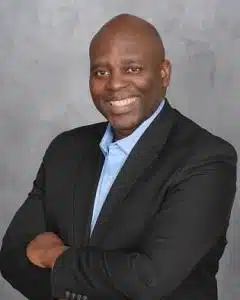 John Osae-Kwapong (PhD.) is a Democracy and Development (D&D) Fellow at CDD-Ghana, Associate Provost for Assessment, Accreditation, and Institutional Effectiveness, Baruch College, The City University of New York.
John Osae-Kwapong (PhD.) is a Democracy and Development (D&D) Fellow at CDD-Ghana, Associate Provost for Assessment, Accreditation, and Institutional Effectiveness, Baruch College, The City University of New York.
